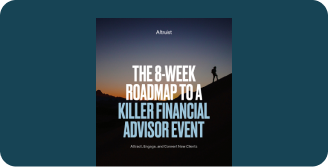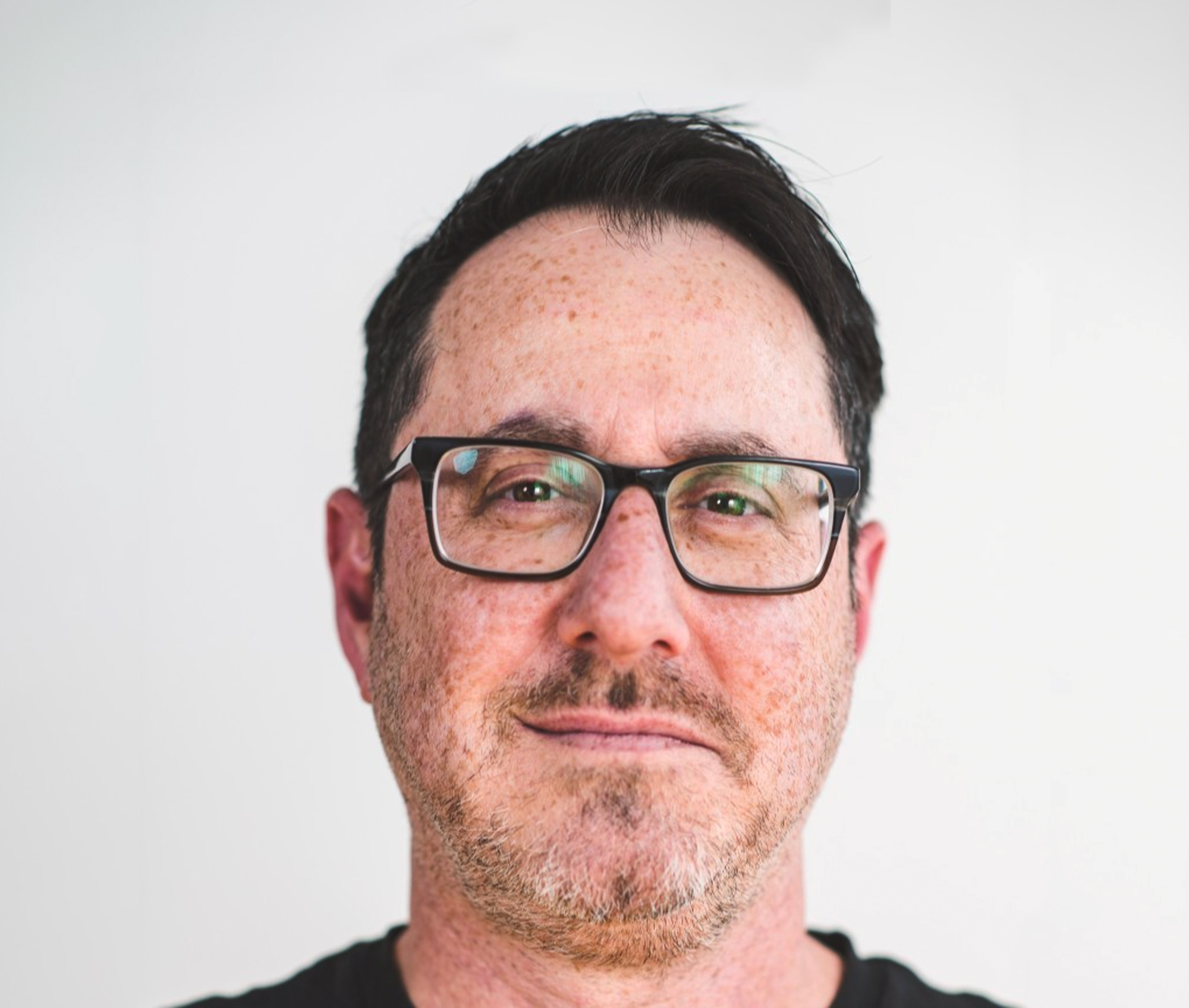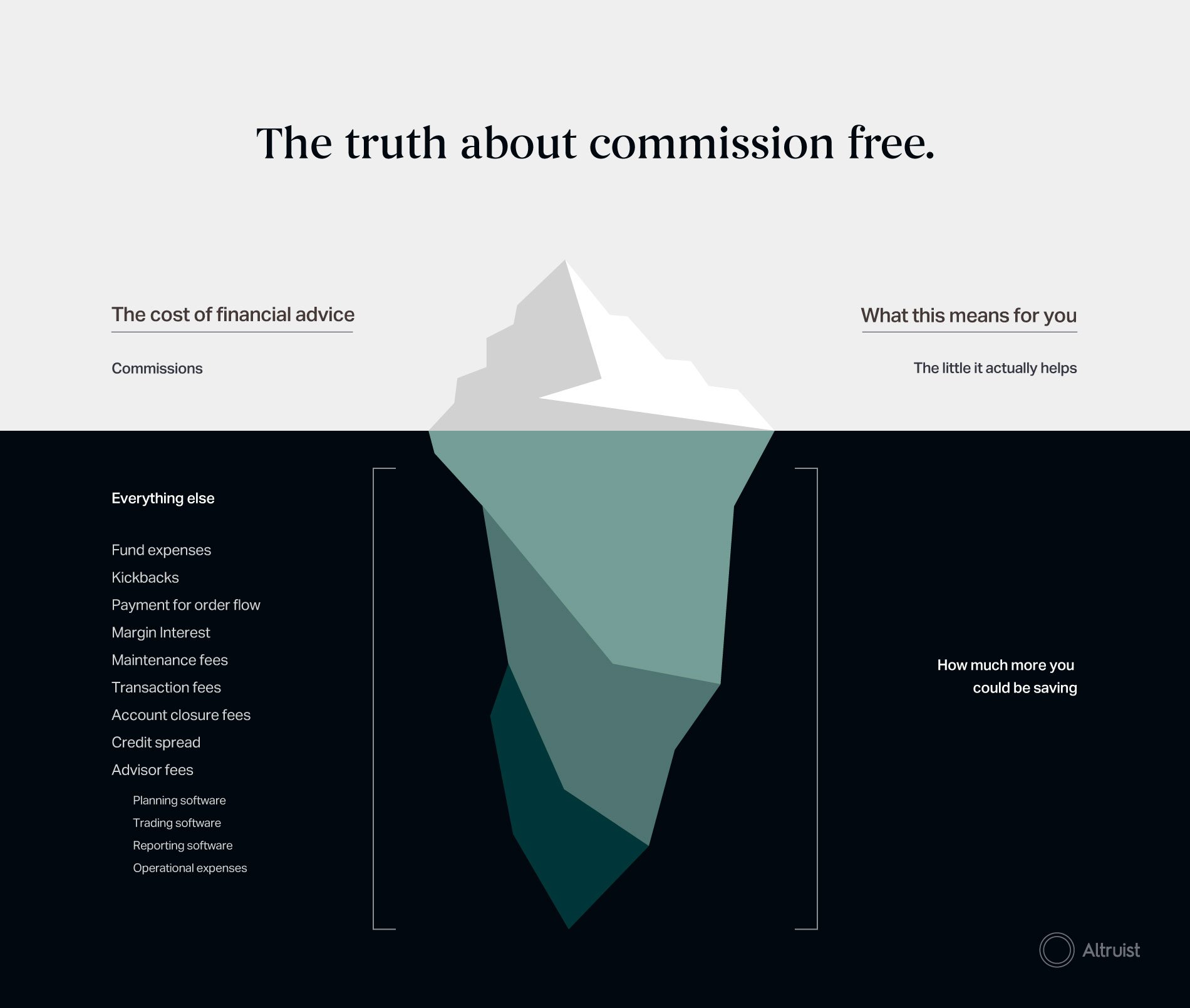Here’s an interesting fact: many people don’t have an estate plan but want one. As a financial advisor, this is probably a common issue that can potentially lead to client friction.
Why is estate planning a complicated process?
The creation of estate planning documents is not a legal service. However, most consumers don’t feel comfortable using a do-it-yourself approach via an online legal platform, which is why attorneys have stepped in to help.
So traditionally, financial advisors refer their clients to the estate planning attorney down the hall who will charge an arm and a leg in billable hours and bury them in piles of paperwork. In fact, most people are quick to assume that estate planning is only feasible if you’re wealthy because of the price tag that comes along with it.
This is why many people over the age of 65 think it is negligent to not have an estate plan in place, yet a few of them actually have one. The segment of people that have the most comprehensive understanding of what’s going on with their finances, what matters most to them, and what type of legacy they want to communicate and pass down to their family’s next generation still think it’s too expensive or laborious to put an estate plan in place.
The silver lining, today, is with the help of technology, there no longer has to be a barrier to a seamless user experience for clients interested in estate planning. Instead of referring clients to an attorney, financial advisors can leverage technology to manage and deliver the estate planning process themselves.
As a financial advisor, you’re in a unique position to solve these traditional issues surrounding estate planning, while better serving your clients. Here are five of the most common hesitations from clients when it comes to estate planning—and how financial advisors can deliver greater value.
1. “It’s too expensive”
Technology and integrated solutions, like Helios Plans, make estate planning a very inexpensive solution for financial advisors. Instead of spending thousands on legal fees, clients can offset those costs by obtaining estate planning services from you.
2. “It’s too complicated”
Most financial advisors would agree that simplifying complex ideas, strategies, and plans is at the heart of what we do. Estate planning is just one slice of that pie. More so, adding this service to your offering allows you to deepen the value of your offerings and gain a competitive advantage.
3. “It’s tough to have an emotional conversation”
How many times have you sat down with clients and felt more like a therapist rather than a financial advisor? Clients who trust you are more likely to feel comfortable talking through the estate planning process with you, as opposed to having these discussions with a lawyer who is billing by the minute.
4. “The process takes too long”
Reducing time, friction, and constraints is key when it comes to helping clients plan for their financial future. Similarly, financial advisors can use this strength in estate planning as well.
5. “I’ll do it...eventually”
Like many aspects of wealth management, starting now is the most impactful way to make a difference in your financial future. Estate planning is no different. While there may be a lack of urgency from your clients, financial advisors are best positioned to explain the importance of getting an estate plan in place today, before it’s too late.
Financial advisors that offer estate planning can expand their services, offer more value, and develop generational relationships with their clients—not to mention, add more revenue to their firm.
Disclaimer: Altruist and its affiliates do not give legal advice. The views expressed in this video by the participants are solely their own and do not necessarily reflect the views of Altruist Corp or its subsidiaries. No compensation was provided.














